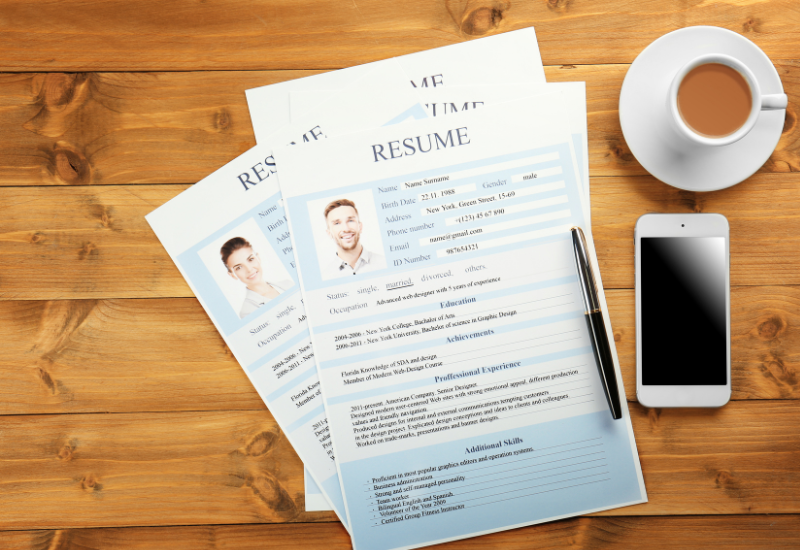
Writing a Winning CV in 6 Steps
Boost – CV & Cover Letter Writers, ESN Groningen’s career partner, authored this article on how to write a CV.
What is a CV?
A curriculum vitae (CV) is a brief summary of your education, work experience, skills, and interests. It is a one-page document that determines whether a recruiter will invite you for an interview.
To make your CV appealing and tailored to the job advert, it should be clear, persuasive, and well-structured (and spelling-error-free!).
What makes a good CV?
A good CV helps you stand out among the numerous applicants you may be competing against. To create a winning CV, you should pay attention to its outline, appearance, and content.
An excellent combination and presentation of these elements will play a significant role in convincing employers that you are the best candidate for the job.
A good CV:
- Is customized to the job advertisement
- Highlights your accomplishments throughout your work history
- Includes pertinent skills
- Is well-structured, visually attractive, and easy to scan
- Is compatible with Applicant Tracking Systems (ATS)
6 steps to write a winning CV
1) Header
Your header should contain basic information from your personal profile, including your first and last name, job title, contact information, location, and photograph (depending on the country you apply in).
2) Summary
The summary serves as both an introduction to your CV and a synopsis of your profile. It should be 2 to 4 sentences and emphasize:
- What you are passionate about
- How much experience you have
- Your primary achievements
- Your level of education
- Your primary relevant skills
3) Work Experience
Before submitting your job application, ensure that you tailor your entire CV to the job description, particularly your work experience and recent positions.
All potential employers are interested in experiences relevant to the job you are applying for.
In your work experience section, include dates, company name, your role or title, and achievements. Make sure to use bullet points to outline your professional experience!
4) Education
The same principle applies to your academic background. Only include relevant academic background with accomplishments and concrete examples.
In your education section, include dates, school or university name, program name, and accomplishments.
Here is a complete article on how to write a killer CV education section, especially if you have no or little work experience.
5) Languages
Most employers seek multilingual candidates. If you are fluent in more than one language, make sure to include this in a dedicated section.
When listing your languages, state your proficiency level in words and associate an internationally-recognized language score or certificate.
6) Skills
Step 6 involves selecting the appropriate skills to emphasize in your CV and determining which ones are most relevant to the position you’re applying for. To ensure that your skills are relevant, carefully examine the job description, which will provide insight into the hiring manager’s preferred skills.
You can include your skills in a dedicated section of your CV or integrate them into your work experience accomplishments. Avoid using buzzwords such as “motivated” or “team player” or “driven”. Think out of the box, time to pull thesaurus and its synonyms out!
Final thoughts
Writing an exceptional CV necessitates commitment, time, patience, and careful attention to detail. Take time for each section to be as complete and concise as possible. Investing time in this will be worth it!
Once your CV is written, make sure you put as much time and effort in writing a great cover letter.
If you require additional assistance, schedule a meeting with Boost (students get a 30% discount on all services!), our CV writing partner.
We also recommend you visit Boost’s Career Tips page, which contains a wealth of valuable information on the best interview, cover letter, LinkedIn, and CV writing practices.